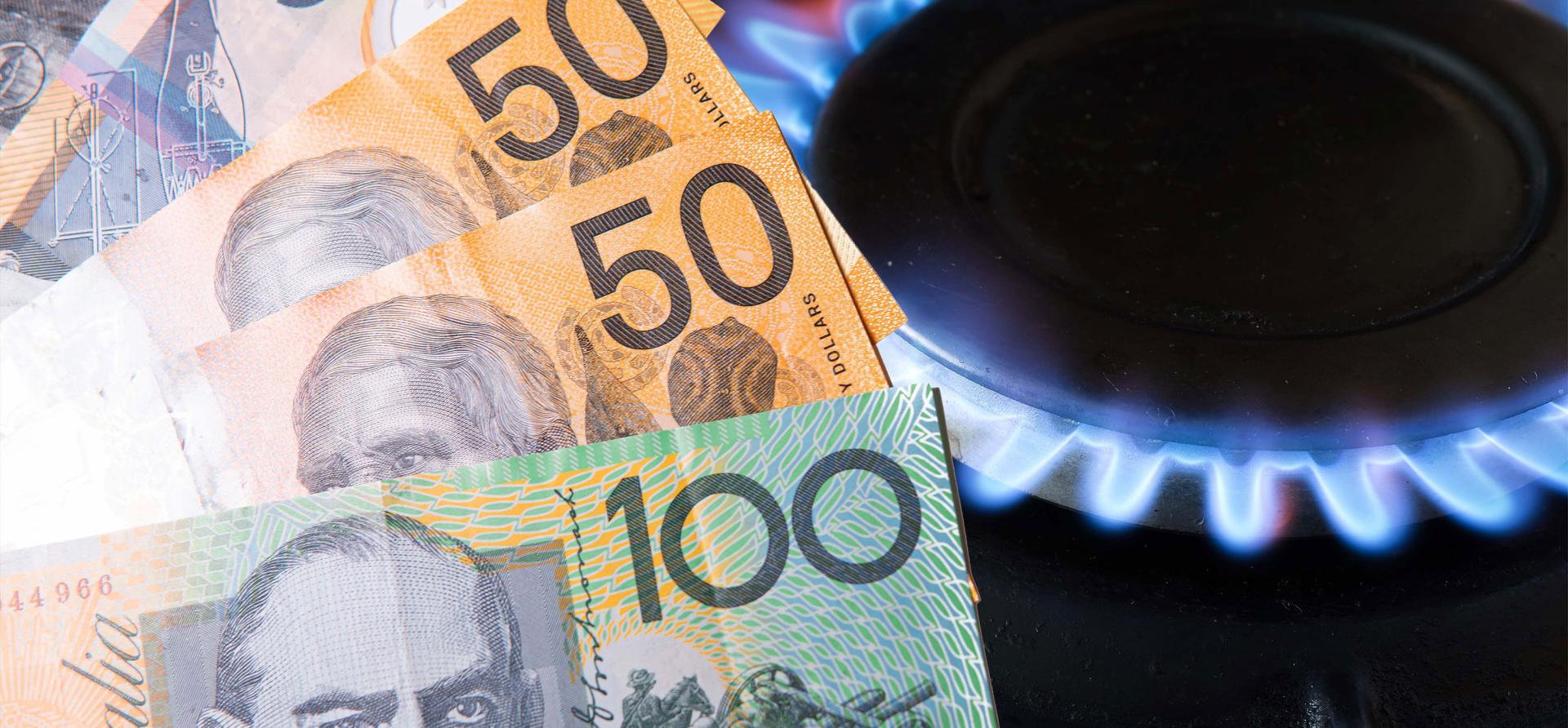What’s a fair price for domestic gas? $12 per gigajoule is too high
Download Full Report

Key Findings
The gas industry’s profitability is determined by export sales, not domestic prices, as over 70% of gas produced on the east coast of Australia is exported.
A price cap of $7/GJ for domestic gas allows for all gas fields in eastern Australia to make profits over and above a return on equity, with some gas fields highly profitable at this level.
A proposed $12/GJ for gas would gift the east coast gas cartel super profits to the detriment of Australian energy consumers, and risks continuing deindustrialisation in Australia with the unintended consequence of higher global greenhouse gas emissions.
There has been much discussion about the need for a domestic gas reservation for Australia’s east coast market, or a price cap, and prices have been widely bandied about by government, industry and commentators.
There has been little analysis done on what constitutes a fair domestic gas price for both producers and consumers. Western Australia’s domestic gas reservation policy, in operation since 2006, has delivered gas at prices in the $5-7/Gigajoule (GJ) range.
A price cap of $7/GJ allows for substantial profits over and above a return on investment for the majority of gas produced on the east coast of Australia.
This briefing paper seeks to dimension what a fair price is and comes to the conclusion that a price cap of $7/GJ allows for substantial profits over and above a return on investment for the majority of gas produced on the east coast of Australia. A price cap of $7/GJ would see all producing fields make a return on equity and a profit on top.
This paper also makes the case for a domestic gas reservation on the east coast of Australia for the following reasons:
- The gas industry’s profitability is determined by export sales, not domestic prices, as over 70% of gas produced on the east coast of Australia is exported.
- Eastern Australia is swimming in gas. There is not, nor has there ever been, a shortage of gas on the east coast of Australia.
- The developed proven and probable reserves — that is, those that the gas industry could utilise in the short term — are equivalent to 8.4 years of production at the current record production rates of 2021. There is no shortage of gas, just a shortage of desire to supply it at a reasonable price.
- All state governments in Australia, and the federal government, have Net Zero commitments by 2050 yet there is widespread government support for unnecessary new gas fields. The development of new gas fields is entirely inconsistent with any net zero ambition. There appears to be unwarranted exceptionalism for gas.
- The Australian Competition and Consumer Commission has forensically described how the gas market on the east coast is controlled by a ‘cartel’, that controls production and fixes prices, in its never-ending gas price enquiry in operation since 2015. It unfortunately refuses to label the cartel correctly. Incorrect labelling leads to the mirage that a market for gas exists on the east coast of Australia. A market simply does not exist.
- A proposed $12/GJ price for gas gifts the gas cartel super profits for the majority of their production to the detriment of Australian energy consumers.
- If the government caps prices at the high price of $12/GJ, with little or no evidence for so doing, it risks continuing deindustrialisation in Australia with the unintended consequence of higher global emissions of greenhouse gases.
















